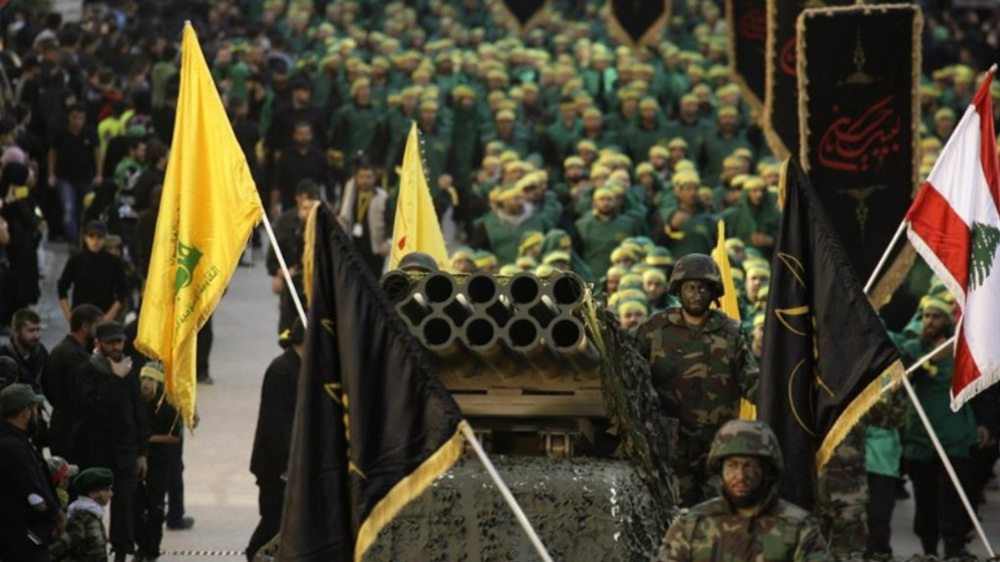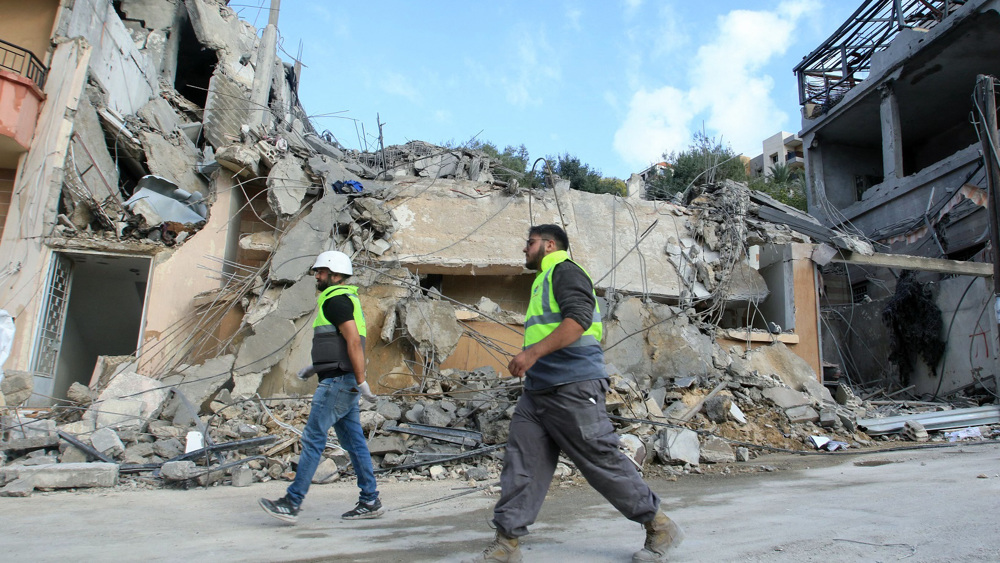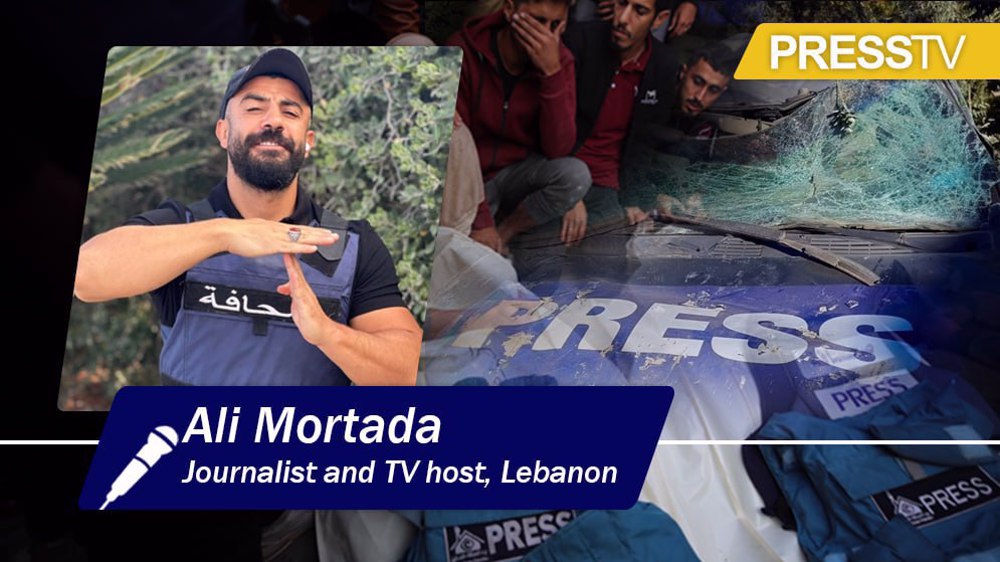Israel real threat to Lebanon’s stability: Prime Minister Hariri
Prime Minister Saad Hariri calls Israel the greatest threat to Lebanon’s stability amid reports and speculation that the Tel Aviv regime could be planning a new war against the Arab country.
“The only threat I see is Israel taking some kind of action against Lebanon, out of a miscalculation,” Hariri told an audience at the World Economic Forum in Davos, Switzerland, on Wednesday.
“And this is the real threat, I believe. I think the other issues are challenges, yes ... But when Israel decides to launch a war against Lebanon, this is something that is unexplainable,” he said.
Israel launched two wars on Lebanon in 2000 and 2006, in both of which the Hezbollah resistance movement inflicted heavy losses on the regime’s military.
“Look at the history — how many times Israel launched wars on Lebanon?” the prime minister asked. “How many wars? In 2006, Israel launched a war saying it would get rid of Hezbollah. And where are we now?”

Hezbollah is Lebanon’s de facto military power, and has been fighting off, alongside the national army, recurrent acts of Israeli aggression against the homeland. Lebanon has repeatedly praised Hezbollah’s key role in the war against terrorism, with President Michel Aoun defending the resistance movement’s possession of arms as essential to Lebanon’s security.
Over the past months, Israeli officials have threatened another war on Lebanon.
Earlier in November 2017, the Israeli military threatened that Sayyed Hassan Nasrallah, the head of the resistance movement, would be a target of assassination in Tel Aviv’s next war against the Arab country.
In the same month, Lebanon’s army chief, General Joseph Aoun, ordered soldiers to stand fully ready on the southern frontier to respond to the Israeli military’s “threats and violations.”
Last September, Israel conducted its biggest military drill in almost two decades on the Lebanese border to simulate “the next confrontation with Hezbollah.”
The resistance movement has repeatedly warned that any Israeli act of aggression would be met with a crushing response.
Israel ‘doesn’t want peace’ with Palestine
Pointing to the Israeli-Palestinian conflict, Hariri said the only solution to the issue is “for Israel to make peace with the Palestinians.”
"If you want peace, you have to accept the other, talk to the other, and accept that he has rights and those rights are not negotiable,” he said, adding, however, that the Tel Aviv regime “does not want peace” with Palestinians.
Commenting on the recent decision by US President Donald Trump to recognize Jerusalem al-Quds as the “capital” of Israel, Hariri Beirut’s position on the occupied city “is very clear.”

“If the US decides Jerusalem [al-Quds] is the capital of Israel that does not mean that Jerusalem is the capital of Israel. Because the whole world is saying Jerusalem is not the capital of Israel,” he added.
On December 6, Trump sparked international outrage as he declared that Washington was recognizing Jerusalem al-Quds as the “capital” of Israel and that he had instructed his administration to begin the process of moving the American embassy from Tel Aviv to the ancient city.
The dramatic shift in Washington’s Jerusalem al-Quds policy has drawn fierce criticism from the international community, including Washington's own allies, while triggering demonstrations against the US and Israel worldwide.
Experts say Trump’s decision would seriously undermine the foundations of the so-called Israeli-Palestinian peace process.
Israeli forces kill 7 more Palestinians in West Bank
Israel’s Netanyahu dismisses military affairs minister Gallant
Hezbollah attacks turn Israel’s Haifa into a ghost town
Iran’s FM meets Pakistani PM, discusses bilateral ties, Israeli atrocities
Iran ramps up gasoline output amid rising demand
UK foreign secretary under pressure over denial of genocide in Gaza
VIDEO | Press TV's news headlines
Hezbollah bombards explosives factory in occupied territories











 This makes it easy to access the Press TV website
This makes it easy to access the Press TV website